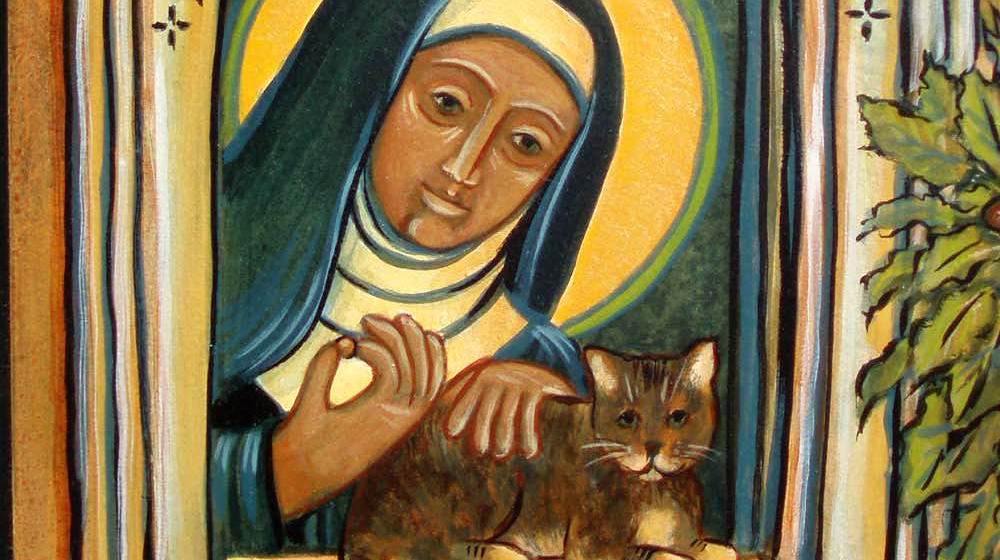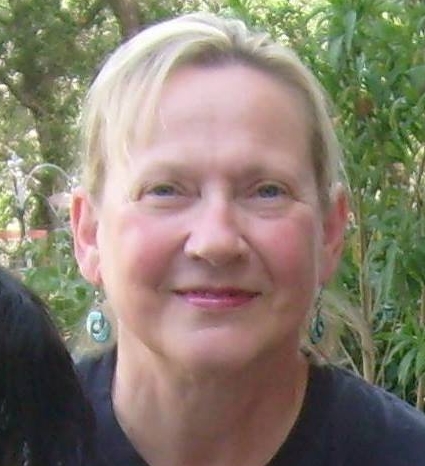Addiction is the tragic consequence of mistaken identity. We thought this substance or that activity would help us find what we were looking for. In fact, it turned out to be a demon masquerading as an angel of light. Our thirst for God has become diverted and we are drinking poison instead. When Cortez, the 16th-century Spanish invader, first arrived in Mexico he seemed to the Aztecs like the fulfilment of their religious prophecies. They embraced and welcomed him and found to the cost of their whole culture that it was too late. We always clutch at our imagined redeemers, unaware that no true redeemer allows himself to be clung to. The true healer allows a relationship but does not allow it to become an addiction. By the early Christians, Jesus was seen as a physician of the soul rather than as the founder of a new religion. His deeper meaning—and all those levels of identity opened by his question “who do you say that I am?”—were to be found in the freedom he offered those who learned from his gentleness and humility. This was possible especially for those who accepted the light yoke of his friendship. To surrender that freedom for another dependency is to fail to recognize him.
After meditation: An excerpt from “The Showings: Lady Julian of Norwich, 1342-1416” Denise Levertov in THE STREAM & THE SAPPHIRE (NY: New Directions, 1997), p. 58.
She lived in dark times, as we do:
war, and the Black Death, hunger, strife,
torture, massacre. She knew
all of this, she felt it
sorrowfully, mournfully,
shaken as men shake
a cloth in the wind.
But Julian, Julian—
I turn to you:
you clung to joy though tears and sweat
rolled down your face like the blood
you watched pour down in beads uncountable
as rain from the eaves:
clung like an acrobat, by your teeth, fiercely,
to a cobweb-thin high-wire, your certainty
of infinite mercy, witnessed
with your own eyes, with outward sight
in your small room, with inward sight
in your untrammeled spirit—
knowledge we long to share:
Love was his meaning.





